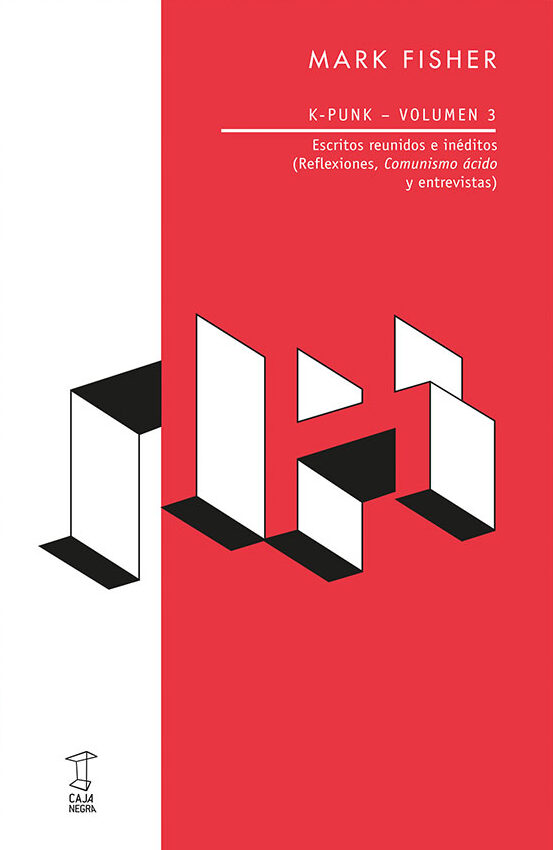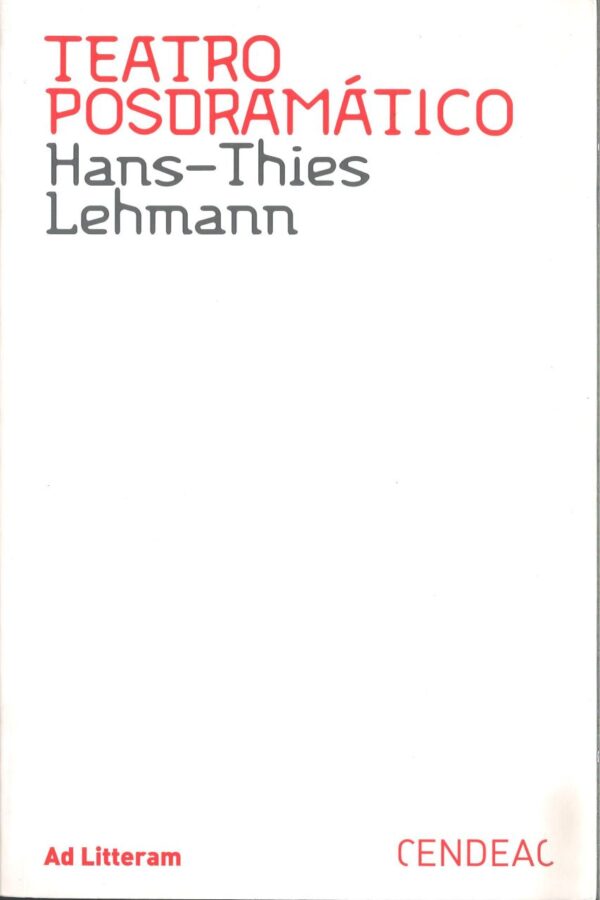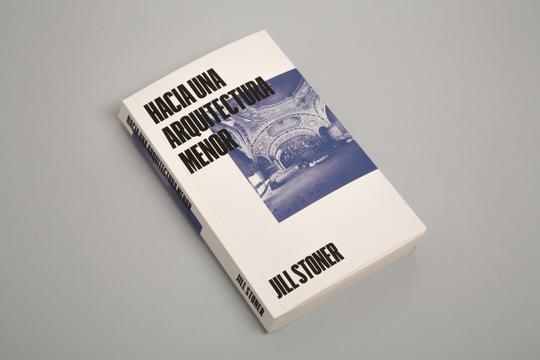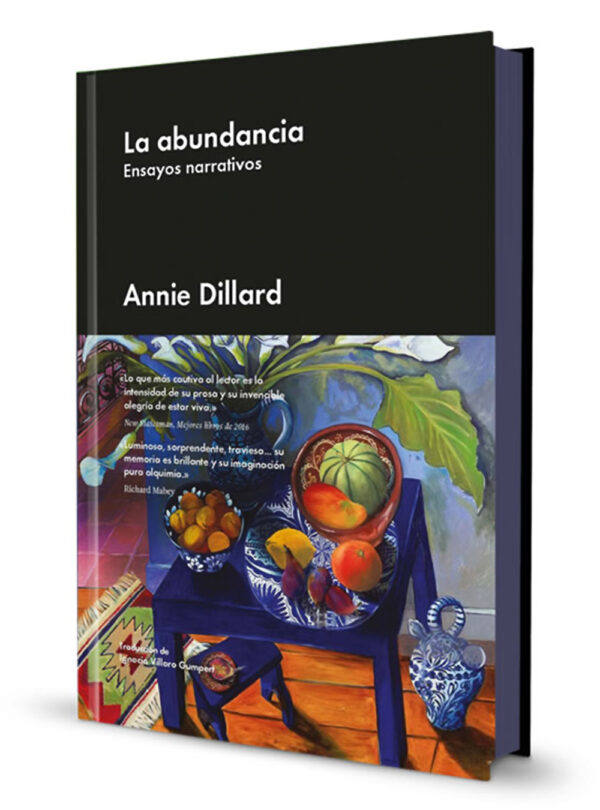K-Punk – Volumen 3
Title: K-Punk – Volumen 3 (Escritos reunidos e inéditos. Reflexiones, comunismo ácido y entrevistas)
Author: Mark Fisher
Publisher: Caja Negra
Nº pages: 256
Edition: 2021
Translation: Patricio Orellana
ISBN: 978-987-1622-96-2
19.50€
Estamos trabajando en nuestra web, de momento no es posible comprar libros través de nuestra tienda online. Para cualquier consulta escríbenos a info@artslibris.cat
Availability: In stock
Although the principle that organizes the collected writings of Mark Fisher is not chronological, this third volume faithfully reflects those problems that the last years of his life revealed. In several of the interviews selected for this book, as well as in his numerous online interventions, including writings such as “Spinoza, k-punk, neuropunk”, “Good for Nothing” or el audaz, and at the time much debated, “Exiting the Vampire Castle ”, Fisher once again confronted the paralyzing purism of the left. Only this time his focus is fundamentally on how social media, with its armies of toxic trolls and witch-hunting moralism, amplify our worst impulses, encouraging rapid outrage through algorithms and almost completely dismantling all sense of self, camaraderie, class consciousness, and solidarity. A phenomenon that, of course, has not stopped growing and that shows how effective the social technologies of communicative capitalism are in exacerbating certain drives and blocking others.
But, as often happens with Fisher’s work, the critique of the mechanisms that impoverish our political power is followed by the remarks on the positivity of what “capital is always forced to obstruct: the collective capacity to produce, take care of ourselves and to enjoy”. In this latest installment of K-punk, what works as an inspiring and luminous coda are the same pages that stamped the open ending with which he concluded his intellectual legacy. We mean the introduction to Acid Communism, the book he was working on at the time of his death. Much was written and will continue to be written about his latest vision for an emancipatory politics. Acid Communism was to be a materialistic and psychedelic program destined to free the political imagination from the constraint of capitalist realism, starting with the resumption of the social and psychic revolution that the counterculture of the sixties had begun and that neoliberalism knew so effectively to dismantle. That the project has remained unfinished can be interpreted as an invitation to continue where he left it, always keeping in mind that the invention of an unprecedented horizon of cultural and political activism must exceed the subjectivity of a writer to become a collective task.






